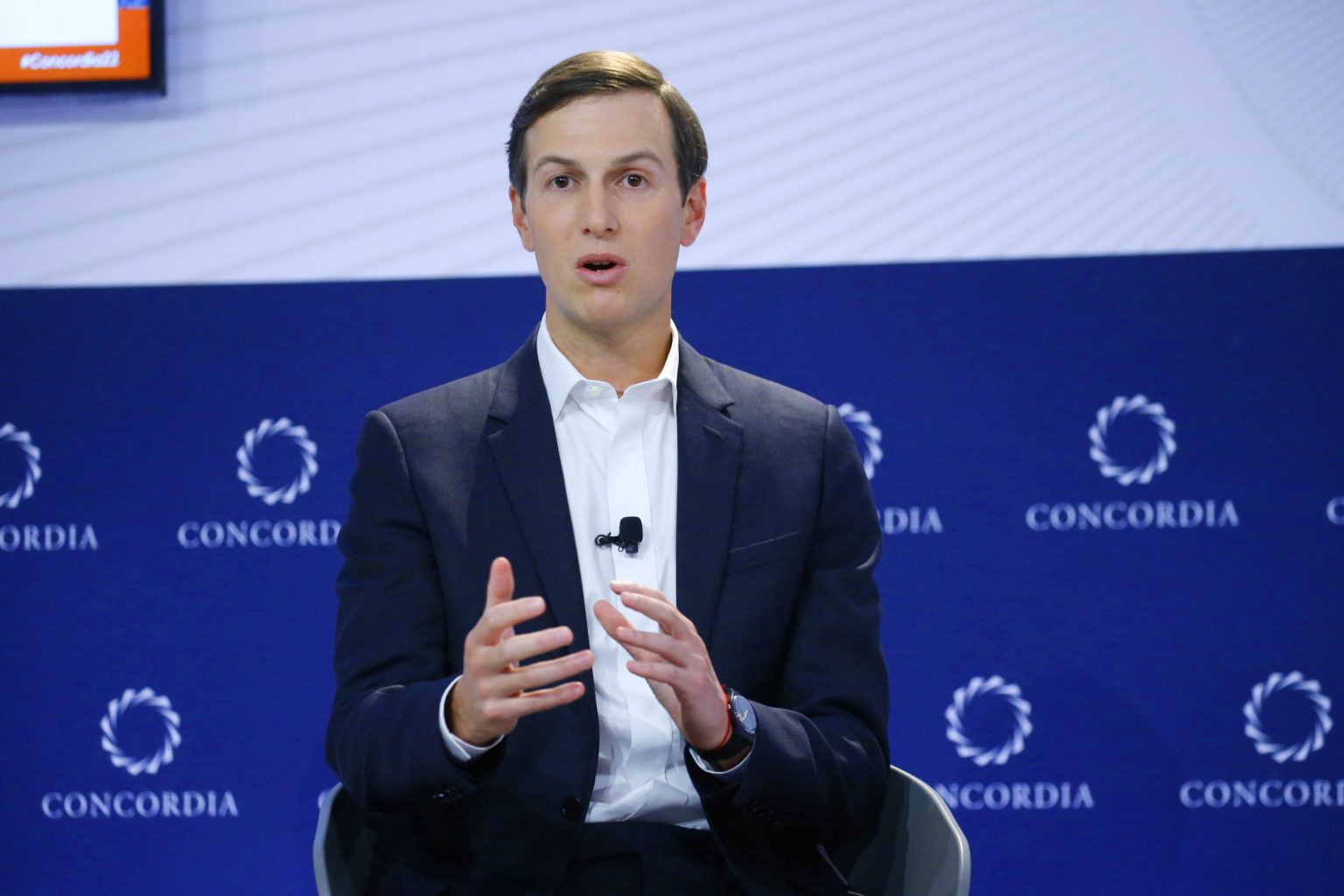Jared Kushner, son-in-law of former President Donald Trump, has vehemently denied any connection between his investment firm, Affinity Partners, securing $1.5 billion in capital from Qatar and the United Arab Emirates (UAE) and Trump’s recent electoral victory. During a podcast appearance, Kushner emphasized that the funding was secured prior to the election and was independent of the outcome. He proactively engaged with investors earlier in the year, urging them to commit sooner rather than later, resulting in the successful capital raise and an extension of the fund’s investment period to 2029. Kushner reiterated that these investors made their decisions based on the initial investments made in 2021, a time when Trump’s political prospects were uncertain. He explicitly informed them that they should not expect any preferential treatment or favors based on the election results.
Kushner’s role as a senior advisor during Trump’s first term, focusing on Middle East policy, coupled with subsequent investments from Middle Eastern entities, has drawn scrutiny and criticism, particularly from Democratic lawmakers. A $2 billion deal with a Saudi fund led by Crown Prince Mohammed bin Salman, finalized six months after Kushner left the White House, has raised concerns about potential conflicts of interest. Allegations of lobbying on behalf of the prince, following substantial payments from the Saudi Public Investment Fund to Affinity Partners, have fueled further speculation. Kushner’s close ties to the crown prince, mirroring the personal and political relationship between Trump and the Saudi leader, have contributed to the ongoing scrutiny.
Kushner has addressed these concerns head-on, dismissing them as baseless and politically motivated. He maintains that Affinity Partners operates as a legitimate business, subject to SEC regulations, and that all transactions have been conducted with transparency and integrity. He has challenged the accusations of lobbying and undue influence, asserting that the investments were made on the merits of the fund’s potential and unrelated to his political connections. He attributed the criticism to a lack of understanding of private equity operations and a deliberate attempt to smear his reputation.
However, prominent Democratic figures like Senator Ron Wyden and Representative Jamie Raskin remain unconvinced. They have called for a special counsel investigation into Kushner’s dealings with Saudi Arabia, expressing concerns about the potential for undisclosed conflicts of interest and the blurring of lines between personal business dealings and official US foreign policy. They have characterized Kushner’s role as a “shadow diplomat” and raised questions about whether the investments are a veiled attempt to funnel money to Kushner and his wife, Ivanka Trump. Representative Robert Garcia has also voiced concerns about the lack of apparent returns on the investments, despite substantial fees allegedly collected by Affinity Partners.
Kushner, while expecting to take a less prominent role in Trump’s second administration, has confirmed that the Public Investment Fund of Saudi Arabia, Lunate from Abu Dhabi, and the Qatar Investment Authority are his firm’s largest investors. His previous involvement in brokering the Abraham Accords, which normalized relations between Israel and several Arab nations, has been cited as a significant achievement during his tenure as a senior advisor. While he maintains that his business dealings are entirely separate from his political affiliations, the intersection of his private ventures and his family’s political influence continues to draw scrutiny.
The political landscape in the Middle East remains volatile, with recent upheavals and power shifts in the region. Trump’s appointment of Massad Boulos, a Lebanese-born billionaire and father-in-law to Tiffany Trump, as his senior advisor on Arab and Middle Eastern affairs, signals a continuation of the close personal and business ties that characterized his previous administration’s approach to the region. As Trump begins his second term, the scrutiny of Kushner’s business dealings, particularly those involving Middle Eastern investors, is likely to persist, especially in light of the ongoing political complexities and potential conflicts of interest in the region.

